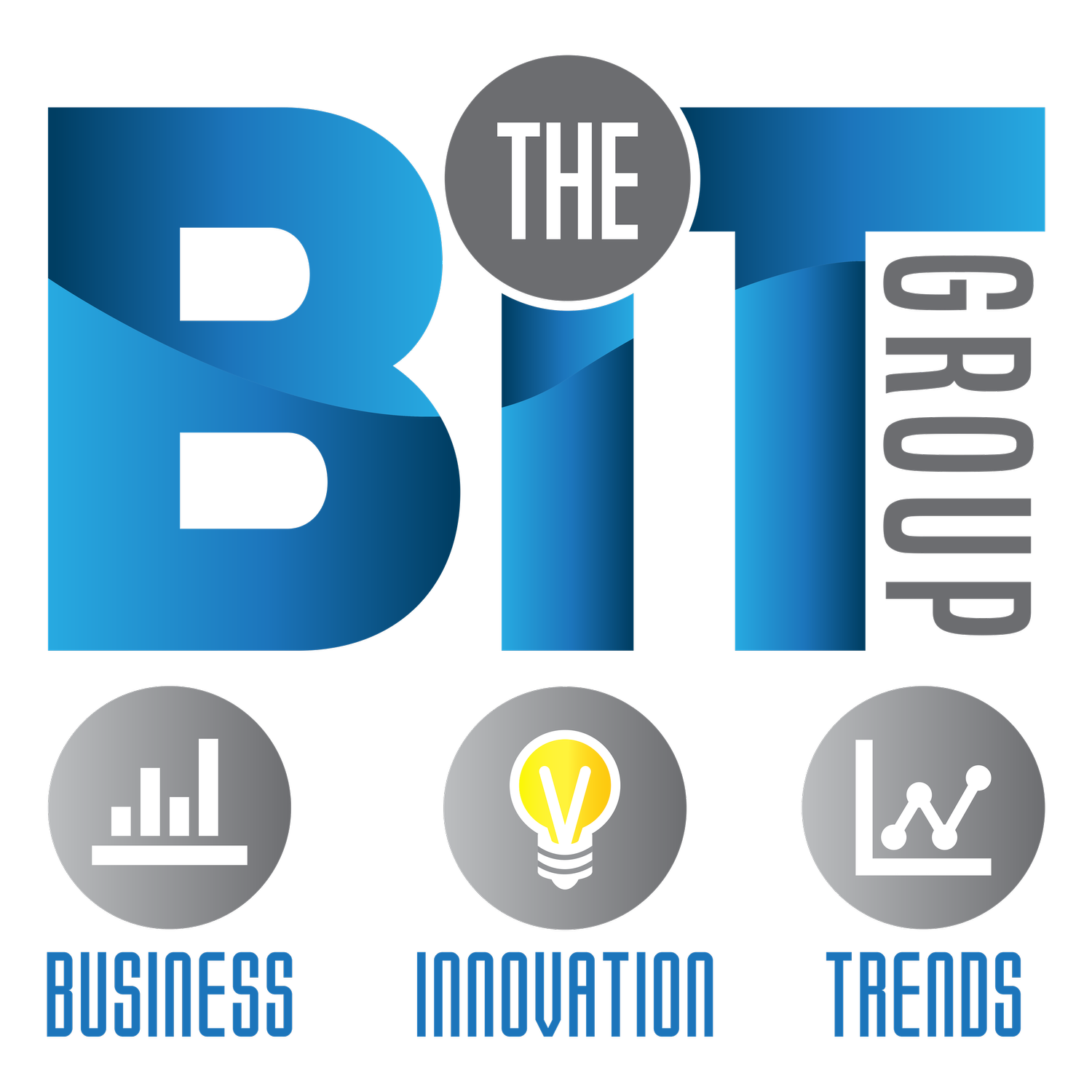THE STRATEGIC GIVENS: ASSUMPTIONS OF MODERN STRATEGY
It’s helpful to overtly identify and understand the broad assumptions that underlie your strategy, to know what the basic cornerstones of your paradigm are. Here are five useful indicative assumptions for the modern business world:
1. Today the rate of change is exponential, not incremental. This is a crucial starting point. Things are changing at a fast-forward, willy-nilly pace. This makes it very difficult to use conventional modes of thought, measurement, or planning. Often things don’t build up or add up, they just explode to a new level.
2. Things will never ‘‘get back to normal’’—this is normal! The so-called glory days of the bygone past have gone. And they won’t be back. So, the new Thoughtware says, ‘‘Get over it! Get used to it! THIS is normal from now on!’’
3. Plan as we may, the future has plans of its own. Because exponential change is here to stay, we have to look down the road with 20/20 vision, focusing on the next 20 minutes and the next 20 years simultaneously. The bad news is that the number of senior executives and key managers who possess 20/20 vision is minimal. The good news is that this is a learnable cognitive skill that a few training programs can teach you.
4. Organizations that learn how to learn, ask the right questions at the right time, and find out how to find the answers will thrive in a global economy. Astute organizational strategists know that an organization’s verbs will supplant its nouns, that is, diverse methods and responsive processes will be more powerful than tried-and-true facts and off-the-shelf systems. And asking the right questions at the right time will determine the most sustainable and viable answers.
5. The productive organizations that will excel will be ones that value flexibility, diversity, integrity, cooperation, and innovation. It’s no longer sufficient to add value to products; we have to add values into both the process and the product. Customers, creditors, consumers, and our conscience now require it.
Coming up in my next Blog: When to Change Good Strategy? To Dismount or to Ride on?

